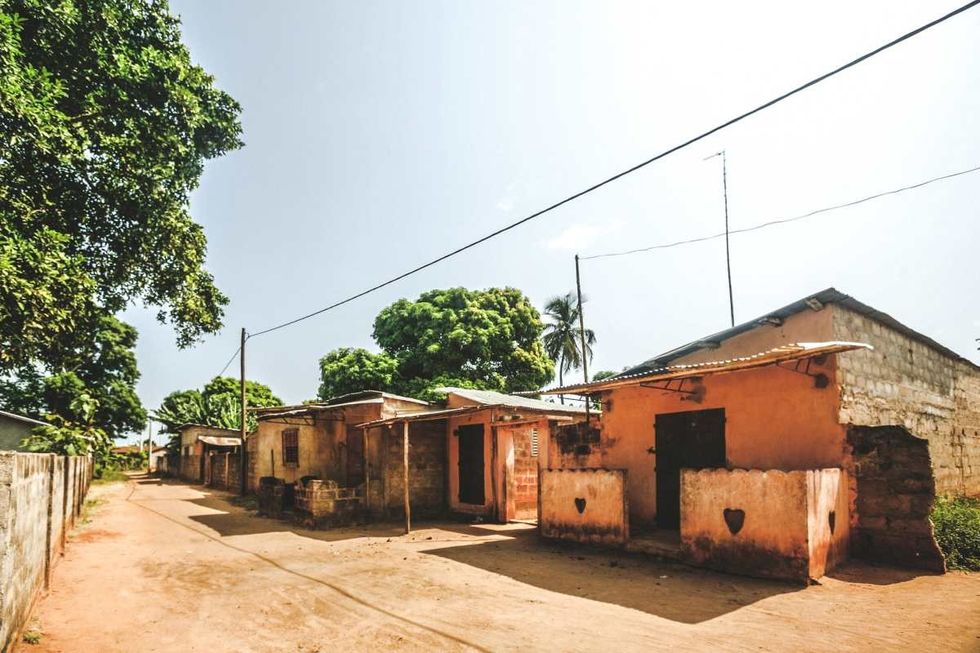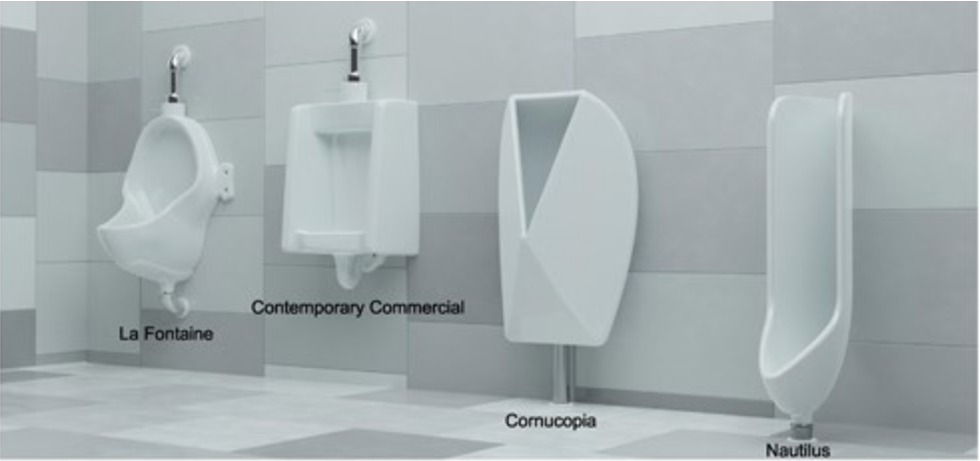With more than 500 billion bottles being discarded every year, plastic pollution continues to plague the planet despite rising awareness about it. The chemicals that plastic waste releases into the atmosphere create heat-trapping gas and also suffocate aquatic life in the ocean. As people discard menacing plastics, engineers of Nigeria see their hidden potential. One of these engineers, Yahaya Ahmed built a house in Kaduna, northwest Nigeria, using 14,800 discarded plastic bottles as bricks.
Being the first of its kind, this house laid a foundation for a whole new culture of homes made with recycled plastics, reported EyeAfrica TV. Yahaya, who is also the Director of a non-governmental organization, the Developmental Association of Renewable Energies in Nigeria (DARE), said the house was built by his organization to encourage recycling of waste materials, create jobs, and foster a healthier environment in Nigeria. The technique involves filling the plastic bottles with sand and linking them to each other by their necks, with the help of mud and networks of sturdy strings.
“It’s the cheapest house that everyone can construct without spending much money because the building materials are available on the streets and trash dump centers,” Yahaya told EyeAfrica TV. The house has three rooms, a bathroom, and a kitchen. He explained these packets of sand in plastic bottles make structures 20 times stronger than a typical brick house. It is fireproof, bulletproof, earthquake-resistant, and adaptable to Nigeria’s hot climate since sand insulates the house from outdoor heat.
This technique of building houses, according to BBC, is called “bottle brick technology,” which originated in India, and South and Central America around 2002. Yahaya estimated that a bottle house would cost one-third of what a similar house made of cement and bricks would cost. “It is the cheapest house to build in this generation with waste plastic bottles on the streets polluting our environment and causing more problems like flood and other disasters in the communities,” he told EyeAfrica TV.
He further mentioned that these bottle houses are typically circular instead of square-shaped. “The circular shape adds strength to the walls while providing a very artistic and pleasing appearance,” Yahaya said, before adding, “Our joy is to train more youth the skills of this kind of housing so as to save our streets from the plastic bottles dominating our rivers and ponds, causing flood and other disasters.”
Speaking to EyeAfrica TV, the Assistant Director of African Climate Reporters, Piman Hoffman noted that plastics are a big threat to living organisms, humans or otherwise. “It is really high time to encourage Nigerian engineers to embrace technology in constructing more houses that can stand all forms of ecological challenges.”
According to BBC, the engineers in Nigeria are currently sourcing plastic bottles from hotels, restaurants, homes, foreign embassies, and vendors who use these to sell things like peanuts. The project is also creating jobs for young people such as 15-year-old Shehu Usman, who said, "When I grow old I want to build myself a house with bottles."

Meanwhile, the first plastic bottle house built by Yahaya is now being celebrated as a tourist attraction. Hundreds of people including government officials and leaders visit the site to admire the unusual construction. When Nuhu Dangote, a trader from Kaduna, visited Yahaya’s house, he said “it looks like magic,” and recommended that “the whole world should come and look at it.” Yahaya revealed that engineers are now planning to build a similar plastic bottle house in a three-story setting.

















 Rock deterioration has damaged some of the inscriptions, but they remain visible. Renan Rodrigues Chandu and Pedro Arcanjo José Feitosa, and the Casa Grande boys
Rock deterioration has damaged some of the inscriptions, but they remain visible. Renan Rodrigues Chandu and Pedro Arcanjo José Feitosa, and the Casa Grande boys The Serrote do Letreiro site continues to provide rich insights into ancient life.
The Serrote do Letreiro site continues to provide rich insights into ancient life.




 Music isn't just good for social bonding.Photo credit: Canva
Music isn't just good for social bonding.Photo credit: Canva Our genes may influence our love of music more than we realize.Photo credit: Canva
Our genes may influence our love of music more than we realize.Photo credit: Canva
 Great White Sharks GIF by Shark Week
Great White Sharks GIF by Shark Week

 Blue Ghost Mission 1 - Sunset Panorama GlowPhoto credit:
Blue Ghost Mission 1 - Sunset Panorama GlowPhoto credit: